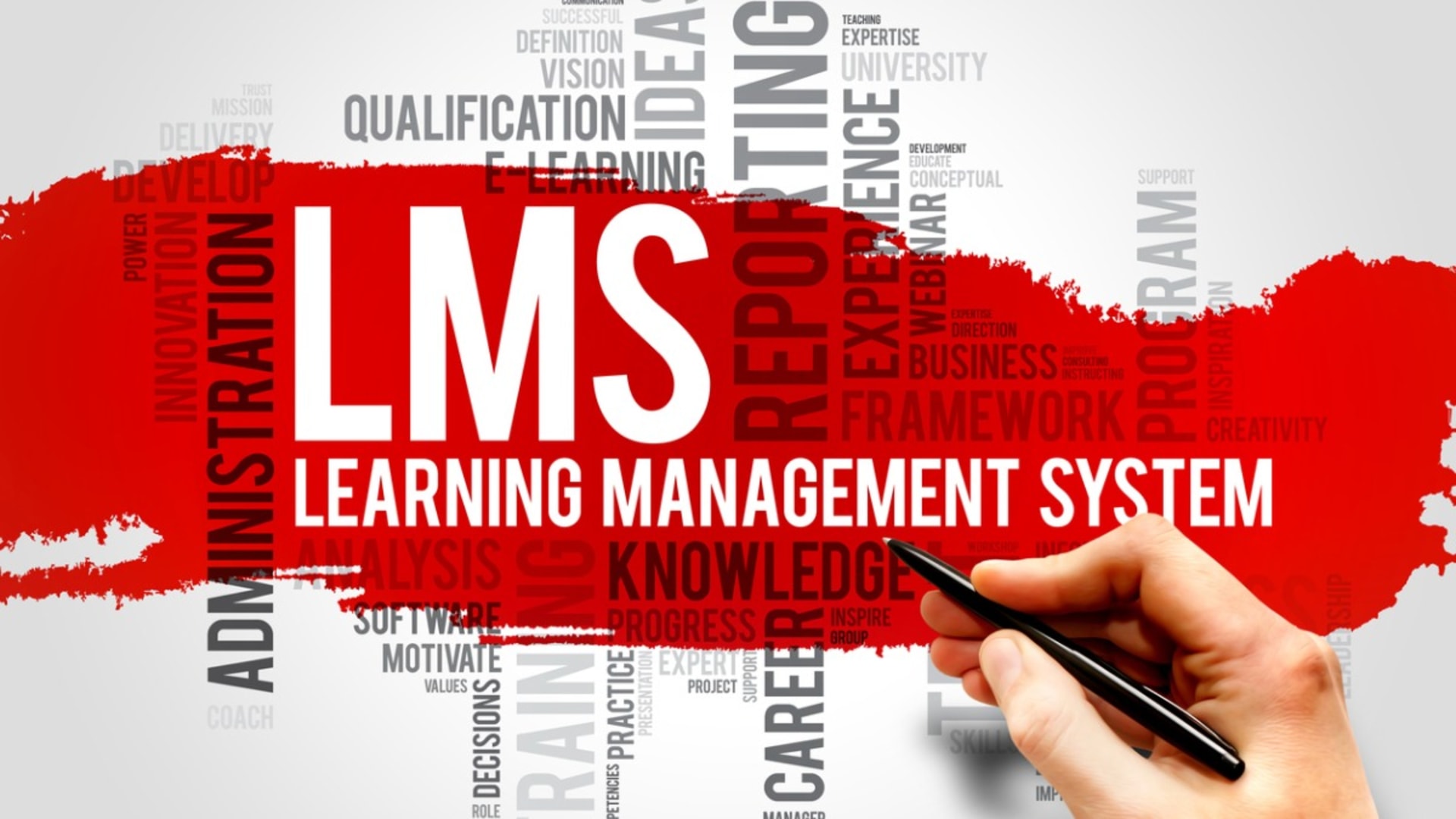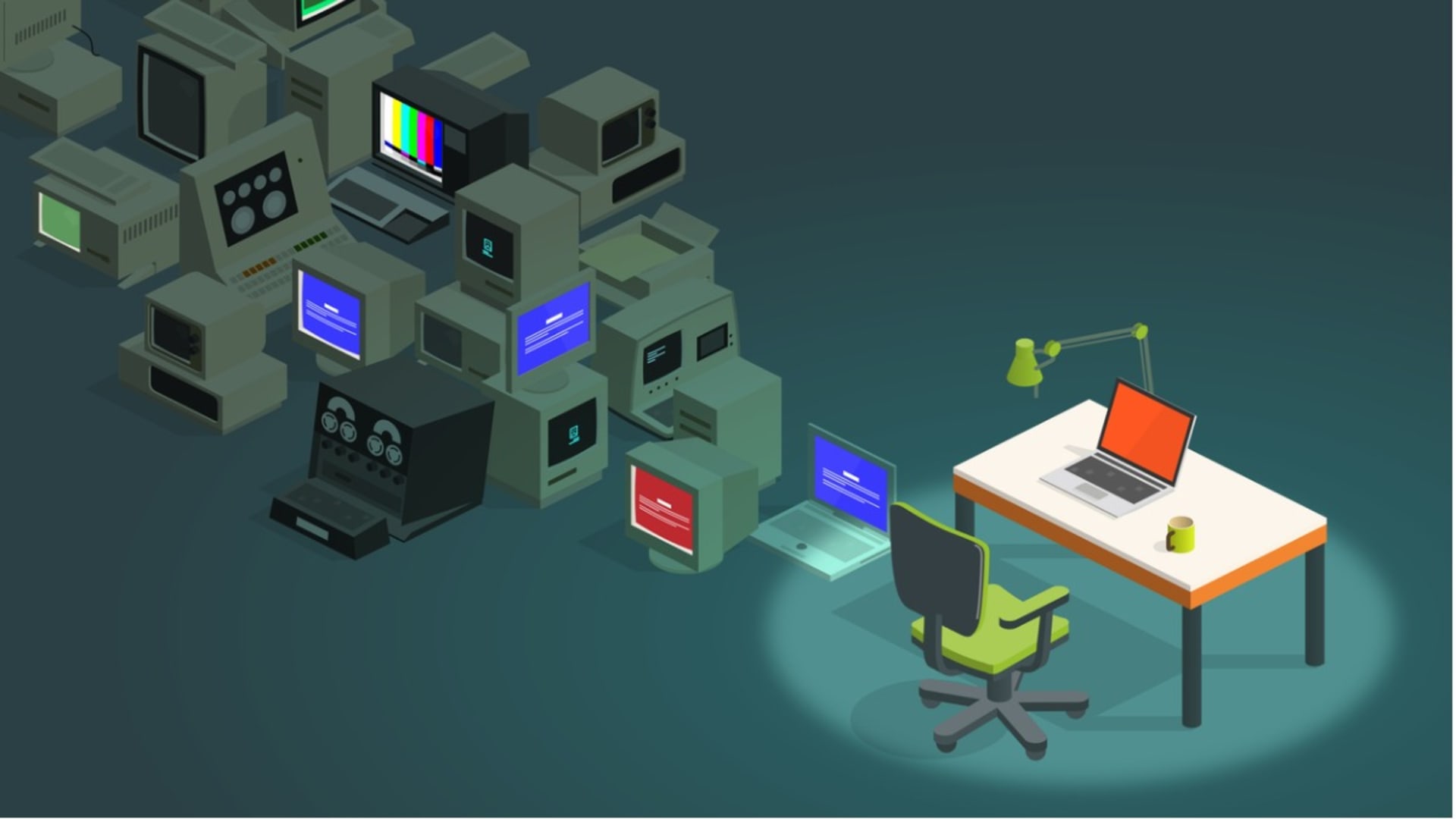While learning management systems (LMS) have been fixtures in the world of education for several years, the pandemic has underscored the need for more robust and comprehensive edTech innovations. One solution to the myriad challenges educators across the academic landscape face? Custom LMS development.
Custom LMS solutions are designed to streamline the teaching and learning process for instructors and students alike. Through an online platform, they can access many critical tools, such as interactive content, reporting and analytics, community-building features, and much more.
A custom-built LMS is essentially an all-in-one platform that is designed specifically with users in mind. It’s both a repository and a classroom at the same time, targeted to individual educational needs. There are many options for out-of-box LMSs, such as platforms from Blackboard, Canvas, and Moodle, but custom LMSs mean special attention to the issues and concerns that matter the most to the organization developing the platform.
What Is the Difference Between eLearning and LMS?
eLearning describes the practice of online or digital instruction. It demands a number of tools for a successful student experience. A basic eLearning platform describes a tool that houses information and content for courses. Meanwhile, an LMS is more comprehensive, as well as more interactive — for example, depending on the tool, instructors and students have access to a higher volume of features, such as allowing instructors to deliver real-time feedback.
Can We Build Our Own Company LMS?
With a high level of technical proficiency and understanding of the educational and usability needs of the target audience, it’s certainly possible to build an LMS within your institution. However, many organizations of varying levels, shapes, and sizes elect to outsource custom LMS development to specialized software firms that can create platforms to suit their particular needs.
In-House vs. Outsourced Development Teams
When leaders and organizations outsource LMS development to an external provider, they will receive a number of benefits, including:
- Lower costs
- Specialized skill sets
- Higher performance
- Automated features
- Personalization
- Improved efficiency
- Wider reach
- More instructor and student engagement
- Greater flexibility
- External and ongoing technical support
By outsourcing development, organizations are better equipped to focus on their core business needs, while their partner provider works on creating an LMS. They can also improve their reputation and retention rate by building a tool that engages learners and enhances the teaching and learning process.
BairesDev: A Custom LMS Development Company
It has become increasingly clear that e-learning is the future. While some instruction may continue to take place in an in-person, classroom setting, it won’t be confined to any one physical location. More and more, edTech will be a central part of the learning landscape at all levels.
At BairesDev, we understand the evolving nature of education. We have deep experience and expertise in devising custom LMS solutions for partner clients across the teaching and learning landscape. Our development process starts with working closely with the organization to define the requirements and needs for a comprehensive LMS platform, and we then continue to keep them abreast of updates and progress along the way.
With our tailored solutions, organizations will be able to:
- Track and monitor student progress and performance.
- View and manipulate interfaces that correspond to individual needs.
- Receive and monitor real-time analytics.
- Access data via a cloud-based LMS on the go.
- Upload and download content like lesson plans, syllabi, modules, and much more.
- Enjoy freedom and flexibility when teaching and learning.
Which Companies Use Custom LMS Solutions?
The need for a tailor-made platform to suit the needs of instructors and learners is on the rise — and therefore, so is the demand for custom LMS software development. Educational and academic institutions of all types are turning to these systems to assist with the teaching and learning process: public and private, K-12 and higher education, and so on.
But the need for an LMS isn’t confined to strictly traditional education settings — that is, school.
Consider, for example, massive open online courses (MOOCs). MOOCs are gaining popularity, appealing to learners of all ages who want to explore a wide variety of topics, from computer programming to creative writing to foreign languages and beyond. The LMS is a fixture for these types of courses, which take place wholly online and need accompanying tools to assist them with the process, facilitating discussions, collaboration, and more.
In addition, businesses leverage an LMS for employee training purposes. Using the platform, they can deliver content — job-specific instructions and material, legal and rules-based lessons like anti-harassment training, and more — track progress, and ensure that their workers are meeting requirements. Content can be tailored to match the individual workers’ needs and progress.
Businesses can also use an enterprise learning management system to provide optional courses and seminars to enhance employee learning and career development. This type of content is becoming an increasingly popular benefit, and custom LMSs can play a central role in their delivery.
Ultimately, it’s clear that a custom LMS has global applications. As digital and hybrid learning becomes the norm, this tool is critical for a variety of settings, from the high school classroom to corporate training to recreational hobbies.












